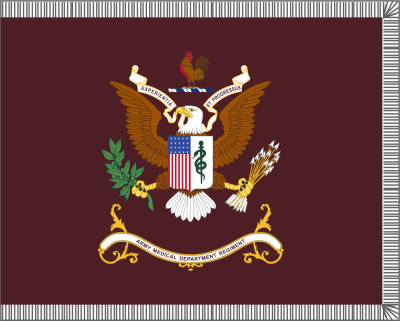The Second Continental Congress was a meeting of delegates from the Thirteen Colonies in America that united in the American Revolutionary War. It convened on May 10, 1775, with representatives from 12 of the colonies in Philadelphia, Pennsylvania, shortly after the Battles of Lexington and Concord, succeeding the First Continental Congress which met in Philadelphia from September 5 to October 26, 1774. The Second Congress functioned as a de facto national government at the outset of the Revolutionary War by raising armies, directing strategy, appointing diplomats, and writing petitions such as the Declaration of the Causes and Necessity of Taking Up Arms and the Olive Branch Petition. All thirteen colonies were represented by the time the Congress adopted the Lee Resolution which declared independence from Britain on July 2, 1776, and the congress agreed to the Declaration of Independence two days later.
Afterward, Congress functioned as the provisional government of the United States of America through March 1, 1781. During this period, its achievements included: Successfully managing the war effort; drafting the Articles of Confederation and Perpetual Union, the first U.S. constitution; securing diplomatic recognition and support from foreign nations; and resolving state land claims west of the Appalachian Mountains.
Many of the delegates who attended the Second Congress had also attended the First. They again elected Peyton Randolph as President of the Congress and Charles Thomson as secretary. Notable new arrivals included Benjamin Franklin of Pennsylvania and John Hancock of Massachusetts. Within two weeks, Randolph was summoned back to Virginia to preside over the House of Burgesses; Hancock succeeded him as president, and Thomas Jefferson replaced him in the Virginia delegation. The number of participating colonies also grew, as Georgia endorsed the Congress in July 1775 and adopted the continental ban on trade with Britain.
The Army Medical Department of the U.S. Army (AMEDD), formerly known as the Army Medical Service (AMS), encompasses the Army's six medical Special Branches (or "Corps"). It was established as the "Army Hospital" in July of 1775 to coordinate the medical care required by the Continental Army during the Revolutionary War. The AMEDD is led by the Surgeon General of the U.S. Army, a lieutenant general.
The AMEDD is the U.S. Army's healthcare organization (as opposed to an Army Command), and is present in the Active Army, the U.S. Army Reserve, and the Army National Guard components. It is headquartered at Fort Sam Houston, San Antonio, Texas, which hosts the AMEDD Center and School (AMEDDC&S). Large numbers of AMEDD senior leaders can also be found in the Washington D.C. area, divided between the Pentagon and the Walter Reed National Military Medical Center (WRNMMC).
The Academy of Health Sciences, within the AMEDDC&S, provides training to the officers and enlisted service members of the AMEDD. As a result of BRAC 2005, enlisted medical training was transferred to the new Medical Education and Training Campus, consolidating the majority of military-enlisted medical training in Fort Sam Houston.The current Surgeon General of the U.S. Army and commander of the U.S. Army Medical Command (MEDCOM) is LTG R. Scott Dingle.

1775Jul, 27
Founding of the U.S. Army Medical Department: The Second Continental Congress passes legislation establishing "an hospital for an army consisting of 20,000 men."
Choose Another Date
Events on 1775
- 8Mar
Abolitionism in the United States
An anonymous writer, thought by some to be Thomas Paine, publishes "African Slavery in America", the first article in the American colonies calling for the emancipation of slaves and the abolition of slavery. - 18Apr
Battles of Lexington and Concord
American Revolution: The British advancement by sea begins; Paul Revere and other riders warn the countryside of the troop movements. - 19Apr
Battles of Lexington and Concord
American Revolutionary War: The war begins with an American victory in Concord during the battles of Lexington and Concord. - 17Jun
Battle of Bunker Hill
American Revolutionary War: Colonists inflict heavy casualties on British forces while losing the Battle of Bunker Hill. - 3Jul
George Washington
American Revolutionary War: George Washington takes command of the Continental Army at Cambridge, Massachusetts.

 English
English  español
español  français
français  português
português  русский
русский  العربية
العربية  简体中文
简体中文 